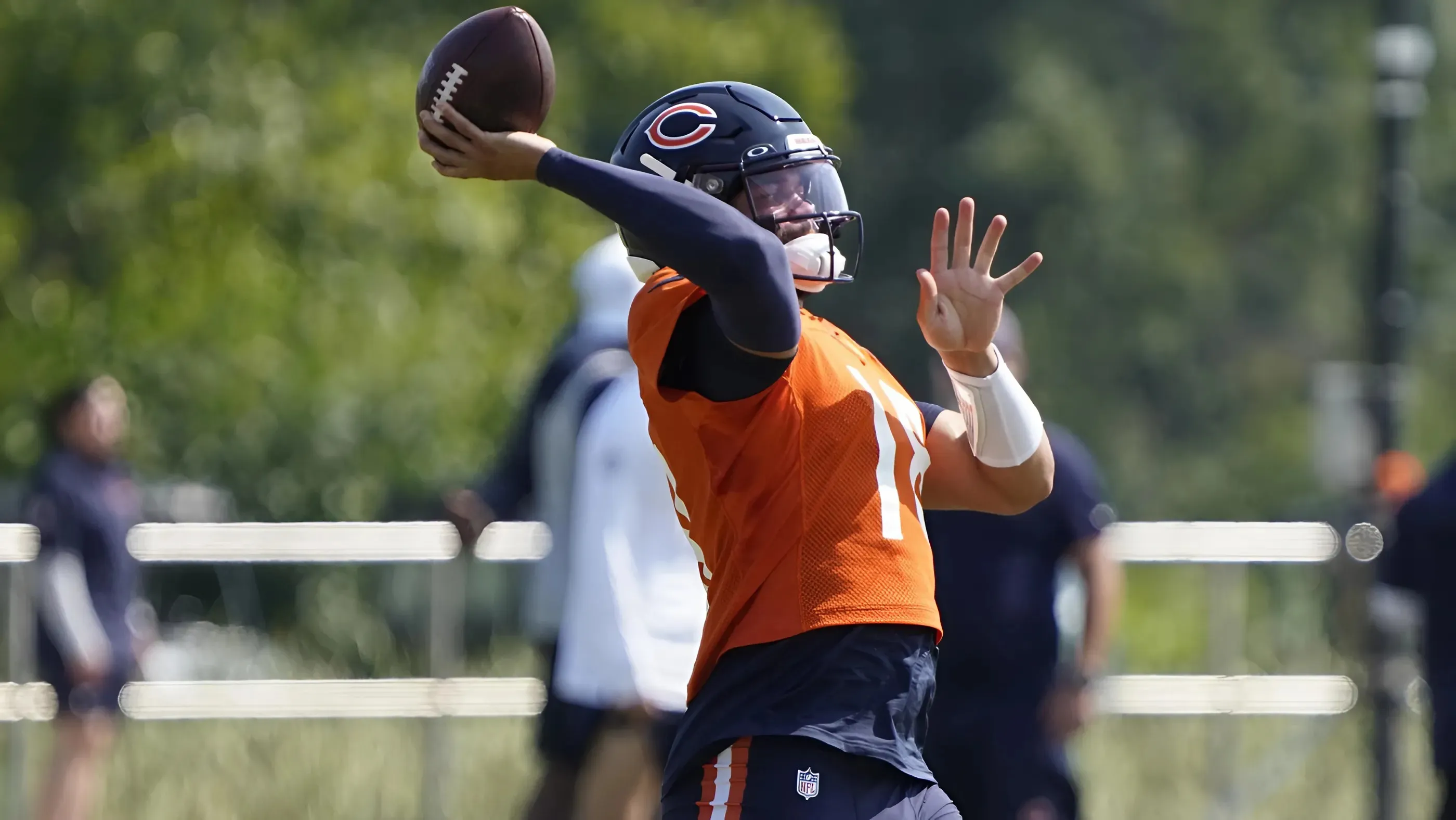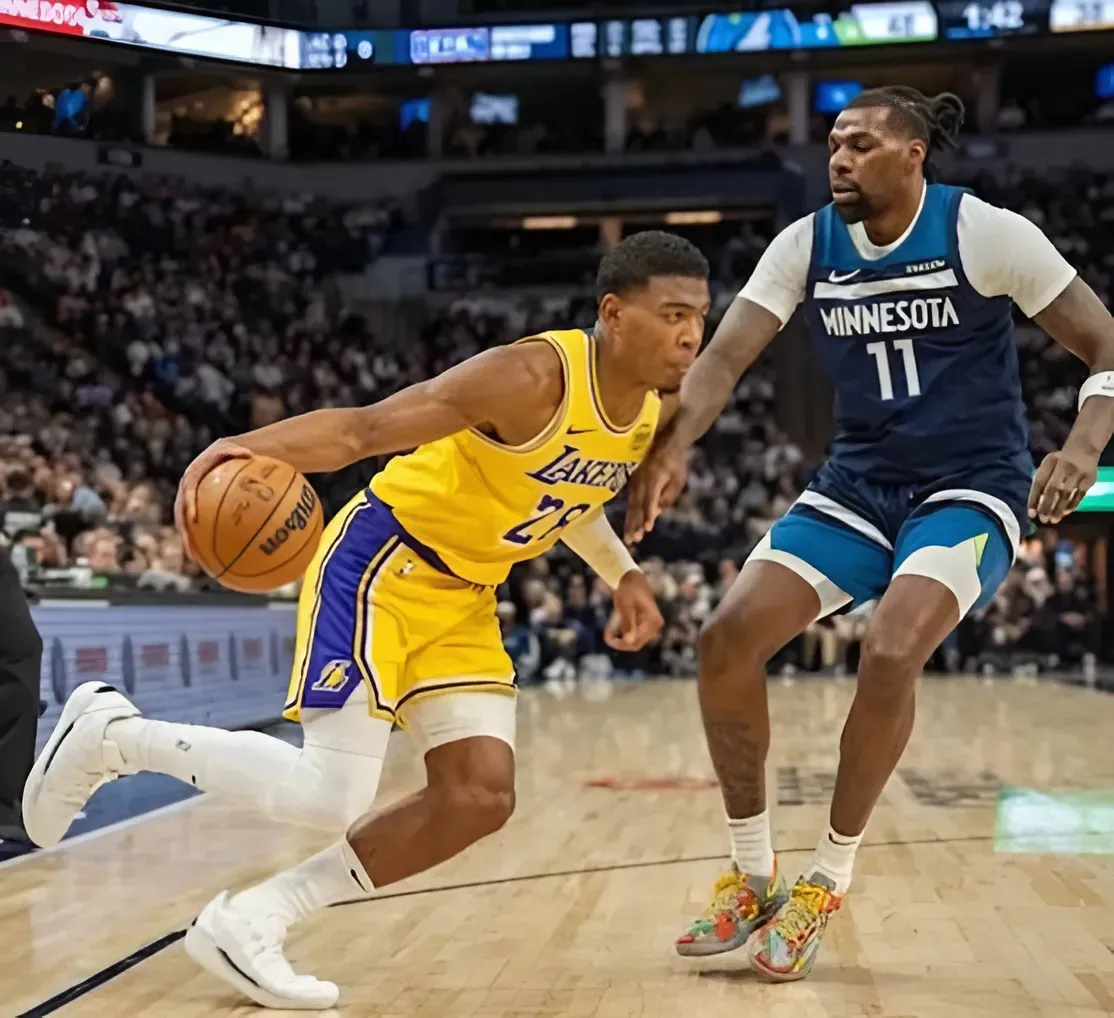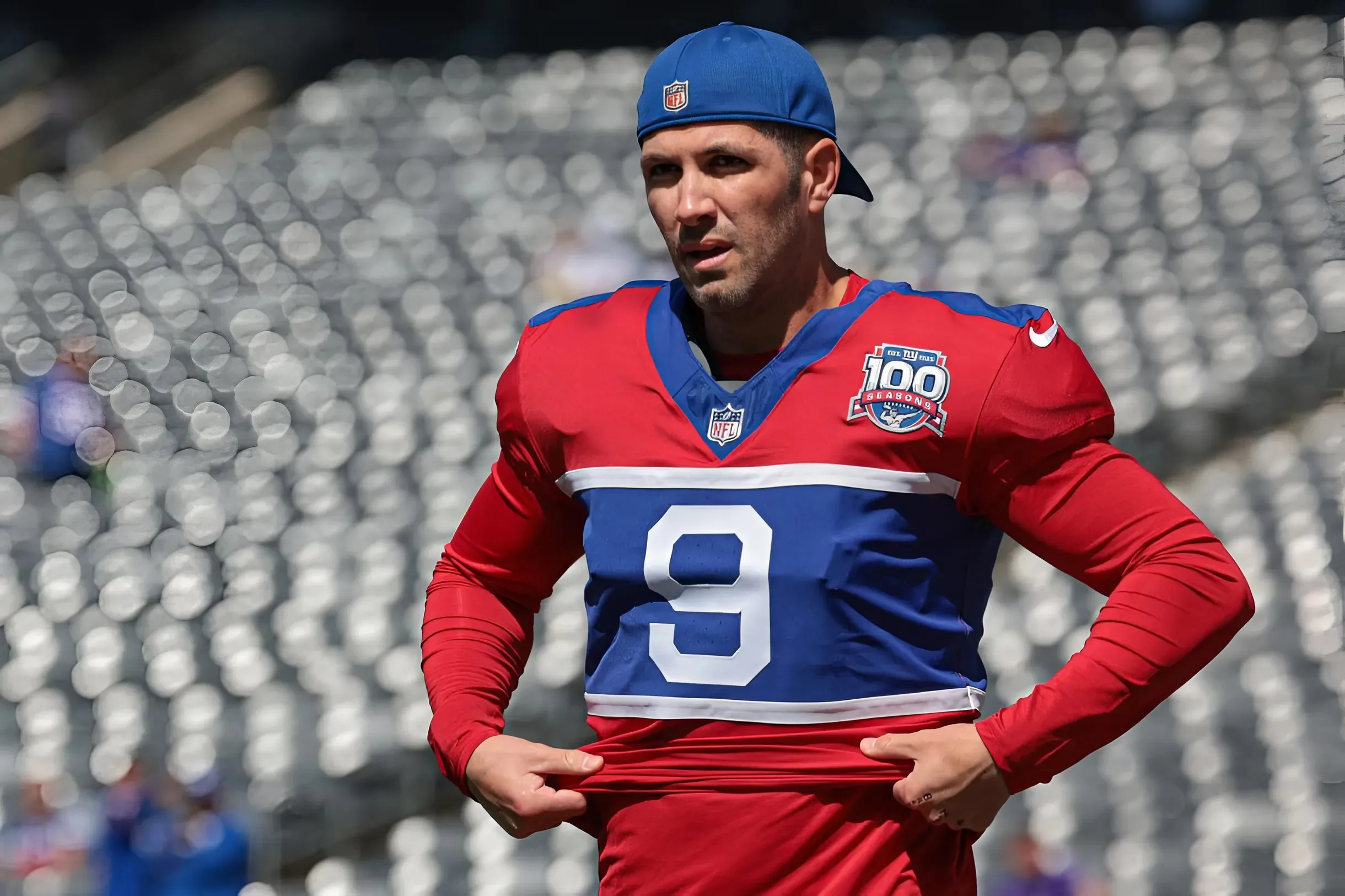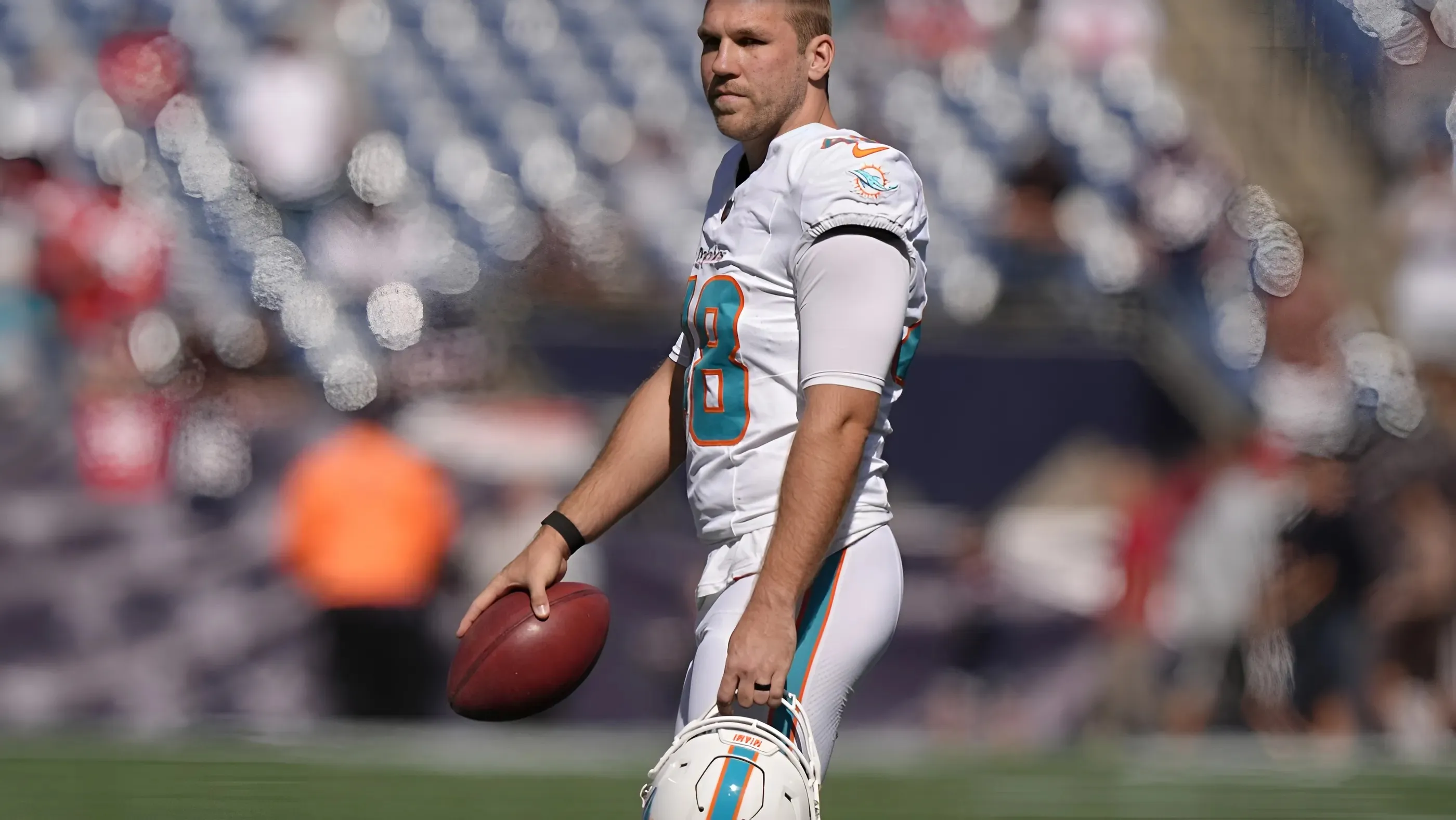
Ben Johnson's offensive design could be the key factor in making Caleb Williams into a more productive and consistent quarterback.
This is the opinion of NFL Films analyst Greg Cosell, the nephew of broadcasting legend Howard Cosell.
Appearing with Matt Spiegel and Laurence Holmes on AM-670 the Score, Cosell pointed to a major flaw in the play of Williams as a rookie and the key reason it could get corrected, as well as how Johnson can, in general, bring Williams' playing level up a notch.
Cosell sees a pinpoint passer with great talent but one who needs better awareness within the pocket before he'll ever advance.
"I thought that there were times where he just didn't have a good feel for pressure," Cosell said of Williams.
Cosell saw Williams either retreating in the pocket too much or stepping up in the pocket when he didn't need to do it, thereby creating pressure from linemen trying to cave the pocket in front of him, or letting the defense reset. Fixing these might rank among the toughest things Johnson and staff must do.
"One of the things a lot of teams do is they study, they go back years and years and quarterbacks that get sacked a lot in college often are guys that get sacked a lot in the NFL," Cosell said. "And that's something that doesn't often change."
This alone should alarm Bears fans because Williams was sacked a franchise record 68 times last year. They have sought to improve his pass blocking with new linemen, which can't hurt.
"Quarterbacks that tend to retreat backwards—and he has a tendency to do that—you can't do that in the NFL," Cosell said. "Maybe Lamar Jackson can do that but he's a freak."
Cosell saw this as a problem for Shedeur Sanders and also Williams, one that went back to college. He also saw evidence Williams steps up too often when it's unnecessary. The problem this causes is it puts too many defensive players around him and then he tends to panic and leave the pocket.
"You have to be able to function in the NFL when there are bodies near you," Cosell said. "When the pocket is squeezed, you can't automatically break down and leave the pocket.
"So that's something else that I think Caleb needs to work on. C.J. Stroud found that out this year. His offensive line wasn't quite as good as it was his rookie year and he had to go through a little bit of a learning process that 'hey, when there's people around me I still have to make throws.' You can't just bail, you can't hurry yourself. You still have got to make throws."
One thing Johnson does that can help Williams get rid of it before those problems develop is simply his pass play design.
"Ben Johnson maximizes space with his route concepts as well as any offensive mind in the NFL," Cosell said.
Often receivers get wide open or open enough to make the decision and throw faster and easier for Johnson's QB. It's best shown in the fact Detroit led the league in yards after the catch last year and a reason Cosell said.
"He does such a great job with route spacing," Cosell told Spiegel & Holmes. "You notice it more vs. zone but it still means something vs. man. It just presents a cleaner picture for quarterbacks."
Another way Cosell sees Johnson improving Williams is something they're working at extensively right now and that's the simple, basic operational aspects of starting plays.
"We're talking now about just getting in and out of the huddle and getting to the line of scrimmage so that there's not four or five seconds on the play clock," Cosell said. "This is not specific to Caleb Williams, but it is a factor."
It became a problem so many times last year that it became a running joke until they fired the offensive coordinator.
"These guys don't huddle," Cosell said of college QBs. "So you're talking about calling plays in a huddle, which you have to learn. That's a learned trait, calling it with conviction, calling it at just the right speed. You can't say it too fast but you can't say it too slowly either—at just the right speed so that you can get out of the huddle and get to the line of scrimmage."
It doesn't seem like much but because NFL offenses are mostly not easy read, progression-style attacks like college offenses, it takes a while for a QB to understand the defensive look and then get the play off in sufficient time.
"It IS a big factor," Cosell said. "And so you can't figure out and have an understanding of that (reading defenses) when there's four seconds left on the play clock."
Leaving time to do this is essential.
The actions they take now might correct Williams' problems and prevent yet another in a series of QBs who have come to "Chicago to die," as Williams' father reportedly put it in the coming book about quarterbacks by ESPN's Seth Wickersham.



-1749785388-q80.webp)